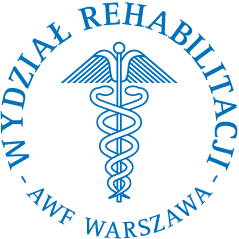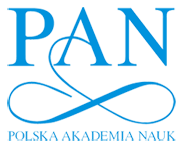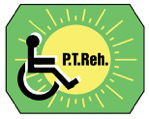


|
Current issue
Archive
Manuscripts accepted
About the journal
Editorial board
Reviewers
Abstracting and indexing
Contact
Instructions for authors
Publication charge
Ethical standards and procedures
Editorial System
Submit your Manuscript
|
4/2025
vol. 39 abstract:
Original paper
Comparison of aerobic and strength training exercises for restless leg syndrome, sleep quality, and daytime sleepiness in patients with diabetes mellitus: a randomized clinical trial
Adv Rehab. 2025; 39(4): 67-81.
Online publish date: 2025/09/16
View
full text
Get citation
ENW EndNote
BIB JabRef, Mendeley
RIS Papers, Reference Manager, RefWorks, Zotero
AMA
APA
Chicago
Harvard
MLA
Vancouver
Introduction
Restless Legs Syndrome (RLS) is a common sensorimotor neurological disorder, observed in individuals with Type 2 Diabetes Mellitus (T2DM), especially with diabetic neuropathy. It causes discomfort, impaired sleep, and reduced quality of life. While exercise improves RLS symptoms, few studies directly compared aerobic and strength training in this population. To compare effects of aerobic and resistance training on RLS severity, sleep quality, and daytime sleepiness in adults with T2DM. Material and methods A single-blinded randomized controlled trial recruited 42 adults (aged 40–60 years) with T2DM, ≥ 5 years and RLS based on International Restless Legs Syndrome Study Group (IRLSSG) criteria. Eligibility included lower limb strength ≥ 3+/5 and oral hypoglycemic therapy. Exclusions were severe comorbidities, insulin therapy, injuries, or other sleep disorders. Participants were randomized via sealed envelopes into aerobic (n = 21) or resistance (n = 21) training groups. Both underwent supervised exercise thrice weekly for six weeks. Outcomes were assessed using the International RLS Rating Scale (IRLS), Pittsburgh Sleep Quality Index (PSQI), and Epworth Sleepiness Scale (ESS). Paired and independent t-tests were used for analysis. Results Data from 30 participants were analyzed. Groups were comparable at baseline (p > 0.05). Both groups showed significant within-group improvements in IRLS, PSQI, and ESS scores (p 0.05), changes in IRLS and ESS exceeded minimal clinically important difference (MCID) thresholds, supporting clinical relevance. Conclusions Aerobic and resistance training improved RLS symptoms, sleep quality, and daytime sleepiness in adults with T2DM, supporting exercise as beneficial non pharmacological strategy. keywords:
restless leg syndrome, resistance training, diabetes mellitus, randomized controlled trial, exercise therapy |
    |